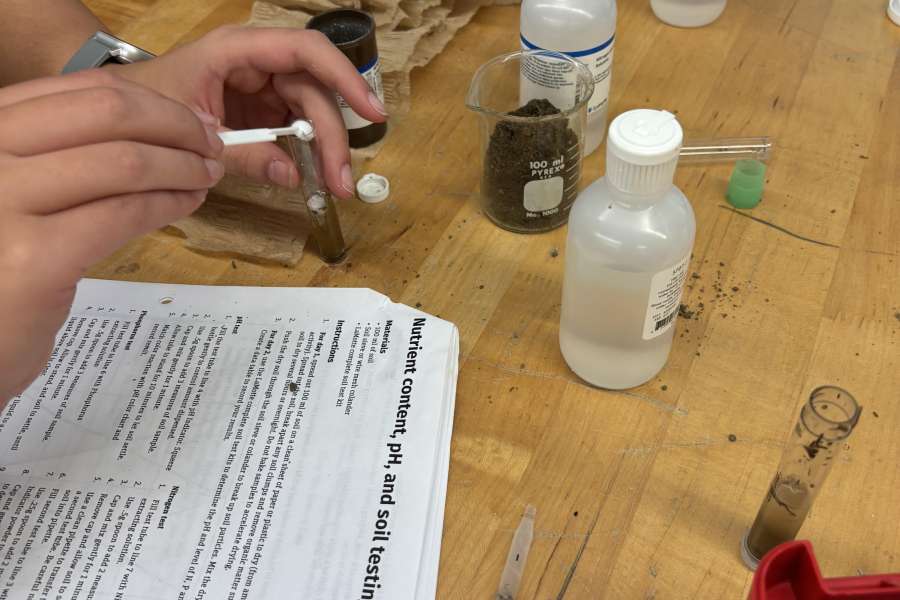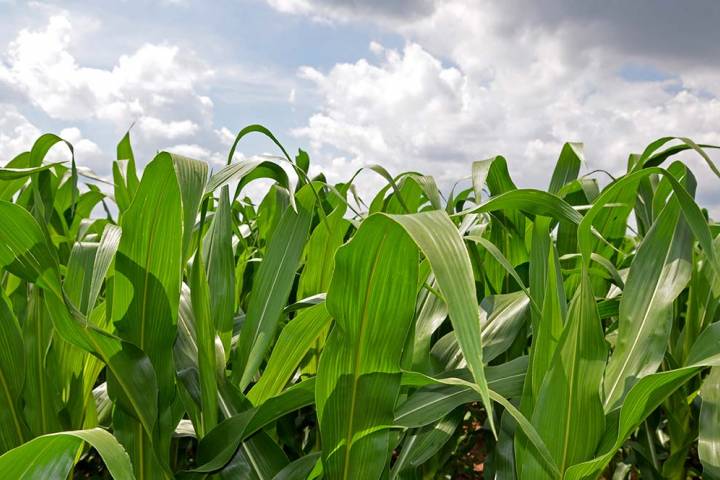Feed the World is your one source for curriculum, news, giveaways, workshop information, and other classroom resources brought to you by your friends at Ohio Corn & Wheat.
Check out the latest from Feed the World
Northmor Students Test Backyard Soil to Understand Agricultural Science
Kaitlyn Wasilewski, an agriculture education teacher at Northmor Local Schools in Galion, …
More news stories
New Teacher Finds Essential Support Through Feed the World Workshop
Shadayah Lawrence, …
Heather Gilliland Bridges Agriculture and Science Education
Heather Gilliland …
Explore our free curriculum
Energy and ethanol
What is ethanol? How much corn is dedicated to ethanol production? Why should corn be used to produce ethanol?
Feeding the world
How can we feed 9 billion people? What are the limits to food production?
Did you know?
Ethanol is a high-octane, low-carbon fuel of the future.
Ethanol is a high octane, low carbon fuel source. It is the lowest cost, most efficient, environmentally-friendly fuel option on the market.
Corn is one of the top feed sources for many forms of livestock.
Demand for corn as a feed source for several types of livestock has been increasing in recent years.
Bt corn reduces the need for pesticides.
Bt corn, used to control insects that damage corn, reduced the need for herbicides. Herbicide-tolerant corn allows less tilling of the soil, resulting in a 58% reduction in soil loss from 1980–2015.
Farmers are taking action to keep nutrients in the fields.
Farmers are creating customized nutrient management plans, utilizing the best farming practices to keep nutrients out of waterways and in their fields.






